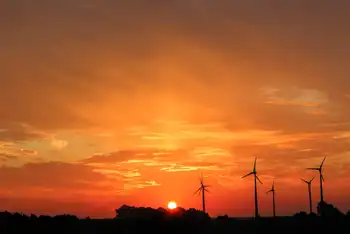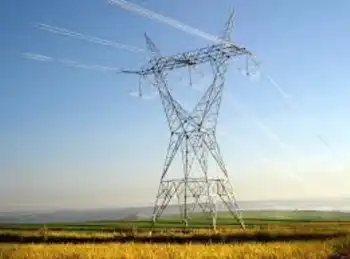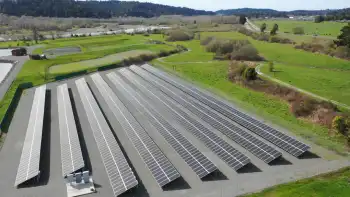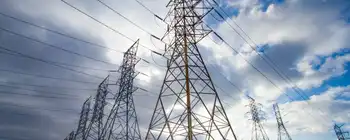California/Canadian carbon market to start small
- A regional carbon market between California and some Canadian provinces will start off next year smaller than expected due to a delay by industrial powerhouse Ontario and a possible slowdown in a second province, British Columbia.
The Western Climate Initiative of states and provinces are seen as the best hope for North America by environmentalists and green businesses who believe that putting a price on emitting greenhouse gases will clean the environment and spur new industry.
Opponents see it as heaping costs on business.
Size is important, because a larger market is seen as more cost effective for participants.
The Western Climate Initiative in a statement said rule making was on track so that trade could start next year.
The province of Quebec and California — assuming the most populous U.S. state can overcome a last-minute legal threat to its plans — aim to start on January 1.
BC said it is continuing to prepare but that a new administration must approve the plan created by the previous leader from the same political party.
The agricultural Canadian province of Manitoba has now committed to join at some future date, and Ontario said it was still determined to the plan.
"We need to get it right for both the environment and the economy," Ontario Environment Minister John Wilkinson said by phone. His province would not be ready for 2012, although he said the government remained committed to cap-and-trade.
The group of provinces and Western states got together in the face of what they saw as inaction by federal governments, although several member U.S. states have either dropped out of the plan for carbon trade or are pursuing it slowly.
Cap-and-trade establishes a limit on total emissions and then lets power plants, factories and others trade the right to pollute, using the market to find the cheapest solutions to cleaning up.
Cap-and-trade also has become a hot political issue in Canada, including in the current federal election. Ontario goes to the poll in October and British Columbia has a new leader and cabinet.
"Ontario has an election in the fall, Quebec seems to be pushing ahead, California seems to be confidant despite the court case. BC needs to prioritize the legislation and make a decision within the next month if its going to hit the January deadline," summed up University of British Columbia Associate Professor James Tansey, a strong supporter of cap-and-trade.
The five states and provinces that are moving forward said they had made "tremendous progress" on linking regional programs including reporting standards, infrastructure, and protocols for offsets to carbon emissions, which are projects to soak up carbon that also moderate the price of carbon.
Related News

The Banker Trying to Fix the UK's Electricity Grid
LONDON - During his three decades at investment bank Morgan Stanley, Franck Petitgas developed a reputation for solving problems that vexed others. Fixing the UK’s creaking power grid could be his most challenging task yet.
Earlier this year, Prime Minister Rishi Sunak appointed Petitgas as his chief business adviser, and the former financier has been pushing to tackle the gridlock that’s left projects waiting endlessly for a connection, an issue he sees as one of the biggest problems for industry.
But there are no easy solutions to tackle the years-long queue to get on the grid or the drawn-out planning process for…




